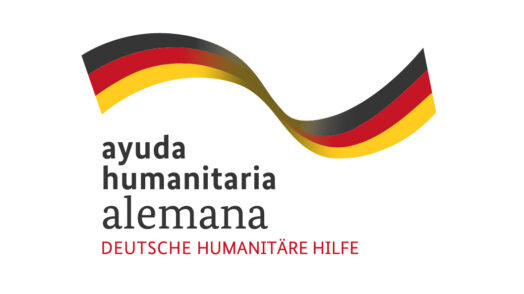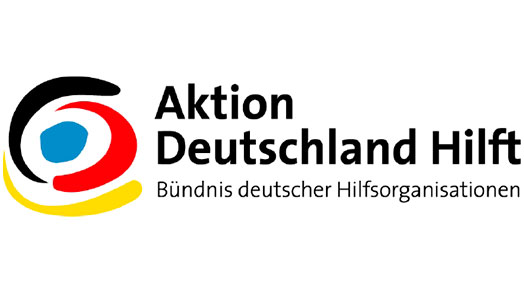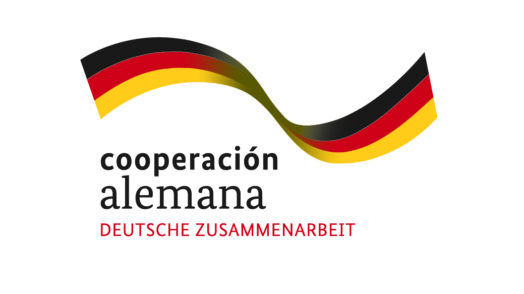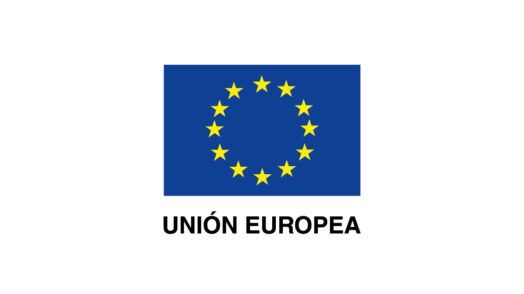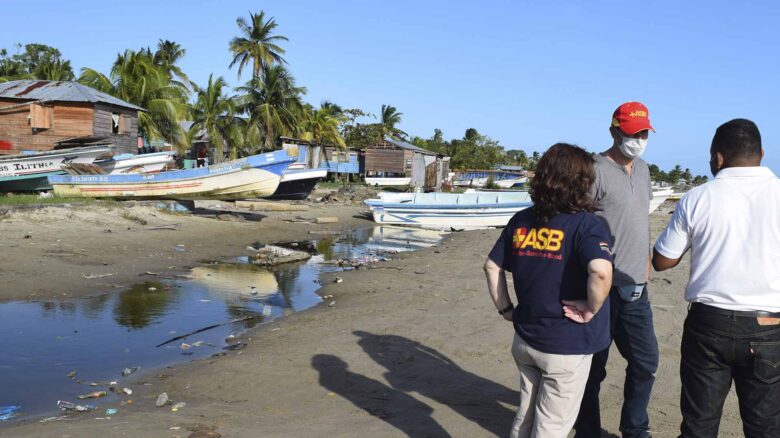
Disaster preparedness
The Central American region is extremely vulnerable to climate change-related problems such as droughts and floods. The countries that make up the region are also adversely affected by the impact of the current climate crisis and are disproportionately affected by extreme weather events.
With funding from the European Commission's Directorate General for Civil Protection and Humanitarian Aid Operations (ECHO), ASB has implemented with Plan International the project "Promoting resilience and disaster preparedness for natural hazards and social violence in high-risk communities in Nicaragua and El Salvador". Its objective was to increase preparedness and early response capacity with a focus on protection, gender and inclusion of people with disabilities in the face of disasters and especially adverse climate change hazards in the municipality of Puerto Cabezas, located on the Nicaraguan Caribbean coast.
Puerto Cabezas is the main city of the Autonomous Region of the Northern Caribbean Coast. The municipality has 63 communities in the rural area and one urban center. The social composition of the municipality's population is multiethnic, with 45% belonging to the Miskitu ethnic group, 38% are mestizos, 14% to the Creole ethnic group and 3% to the Mayagna ethnic group. Each ethnic group in the municipality maintains its own forms of organization, social relations, religion, and language.
These communities were affected by two maximum category hurricanes that hit within fifteen days, called ETA and IOTA, and the COVID19 pandemic during the period of execution of this project. The hurricanes resulted in contaminated wells and increased need for safe water, destruction of housing and social infrastructure. Despite the challenge of this situation, at ASB, committed to the project, we continued with the activities in a conscious and careful manner, with the appropriate biosecurity measures and supporting the affected population.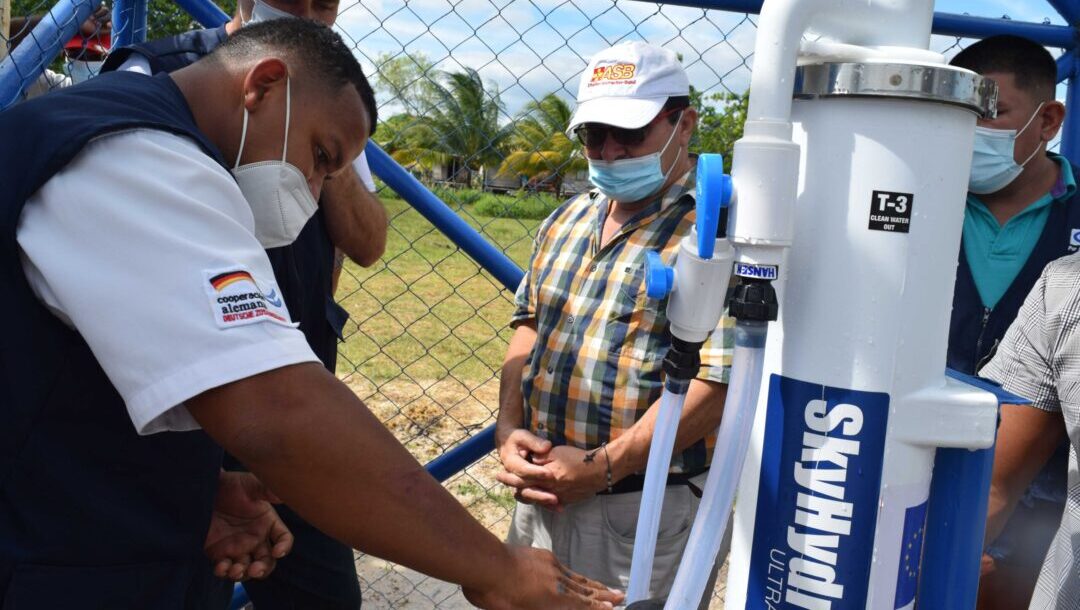
ASB, together with local and national authorities from INETER and SINAPRED, the Regional Government of the Northern Caribbean Coast and the Secretariat for People with Disabilities of the region, achieved several important accomplishments through this project.
First, the installation of five safe water systems with ultrafiltration units with a capacity of about 12,000 liters per day, in the communities of Wawa Boom, Betania, Yulu, Santa Martha and Auhya Pihni. The filters have a purification efficiency that allows reaching the quality suitable for human consumption from any water source in the area. The inhabitants of the communities and officials of the water and sanitation units of the municipal mayor's office actively participated in the construction and installation of the drinking water systems that include these filters. They also participated in training workshops on the use and maintenance of the water systems installed in their communities. Two filter units were also delivered with their accessories such as hoses and water pumps as prepositioning to be used in case of emergency as mobile units.
Another important aspect of the project's achievements was the installation of a Flood Early Warning System (SATI) in technical coordination with the Nicaraguan Institute of Territorial Studies (INETER) in the Wawa River basin. For data collection, two satellite hydro-meteorological stations and linnimeters were installed in the communities of Awas Tingni, Sisin and Wawa Boom.
Finally, the project succeeded in incorporating people with disabilities in humanitarian action. Persons with disabilities were identified in vulnerable communities and neighborhoods through the Washington Group's questions, persons with disabilities were incorporated into all local disaster preparedness committees, and municipal and regional committees were trained in inclusion issues. Along the same lines, members of the special operations and evacuation brigades of Puerto Cabezas were trained in mobilization techniques and inclusion of persons with disabilities in emergencies, with the active participation of the municipal committees (COMUPRED).
The Central American region is extremely vulnerable to climate change-related problems such as droughts and floods. The countries that make up the region are also adversely affected by the impact of the current climate crisis and are disproportionately affected by extreme weather events. This is why ASB continues to develop, implement and execute emergency, recovery and rehabilitation, development and inclusive disaster risk management projects and programs that actively support communities, municipalities and ministries of health, environment and agriculture at various levels, strengthening their capacities and promoting sustainability.

